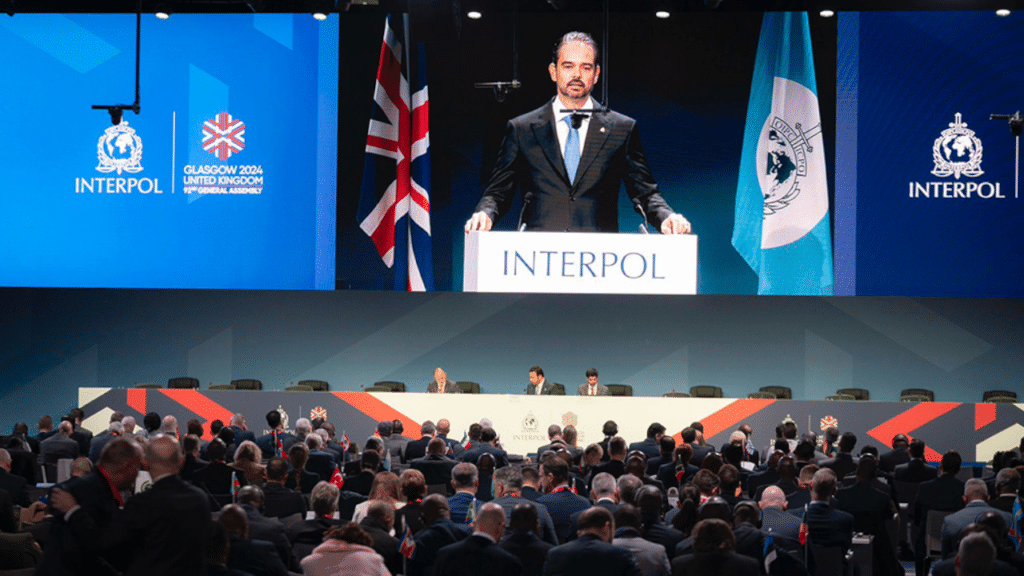INTERPOL’s General Assembly has elected Valdecy Urquiza as the next Secretary General of the world’s largest police organisation.
The Brazilian Police Commissioner will take over at the close of the General Assembly on Thursday 7 November when the current Secretary General, Jürgen Stock, will finish his second and final mandate after being at the helm of the Organisation for 10 years.
Thanking the delegates for their confidence in appointing him, Mr Urquiza vowed to promote equality and diversity within the Organisation, coordinate with countries to deliver effective investigations and operations, and offer capacity building initiatives tailored to regional policing issues.
Mr Urquiza said: “My commitment is to shape an INTERPOL that doesn’t just meet today’s demands but anticipates and prepares for the challenges of tomorrow.
“A strong INTERPOL is one that includes everyone. When we respect and elevate diverse perspectives, we get a clearer, more comprehensive approach to global security.
“Together, we can build an INTERPOL that serves as a beacon of hope and security, standing shoulder to shoulder with every police force, in every country, to create a safer world for all.”
“Mr Urquiza represents the future of INTERPOL—a diverse, tech-forward organisation committed to working with its 196 member countries to ensure a safer world for all,” INTERPOL President Ahmed Naser Al-Raisi said. “Over the past decade, Secretary General Stock has led our organisation with dedication and a commitment to excellence.
“His time in office has brought major progress in international police cooperation and a strong commitment to improving global security.”
The Secretary General is elected by the General Assembly, INTERPOL’s supreme governing body, with voting carried out on a one-country, one-vote basis, with each member country’s vote carrying equal weight.
Based at the INTERPOL General Secretariat headquarters in Lyon, France, the Secretary General is the Organisation’s chief official, responsible for the day-to-day decision-making and functioning of the General Secretariat’s activities across all 15 duty stations worldwide.
This includes supervising all the operational support, expertise, databases and services that INTERPOL provides its 196 member countries to support them in the fight against international crime.
About the selection process
The process for selection and appointment of the Secretary General is determined by the Organization’s rules. In June this year, the Executive Committee proposed Mr Urquiza as their candidate for the General Assembly to make the final decision with a vote by secret ballot.
The General Assembly is INTERPOL’s governing body. It meets annually with all decisions made on ‘one country, one vote’ basis, with each vote carrying equal weight.
To read more INTERPOL news, click here.





